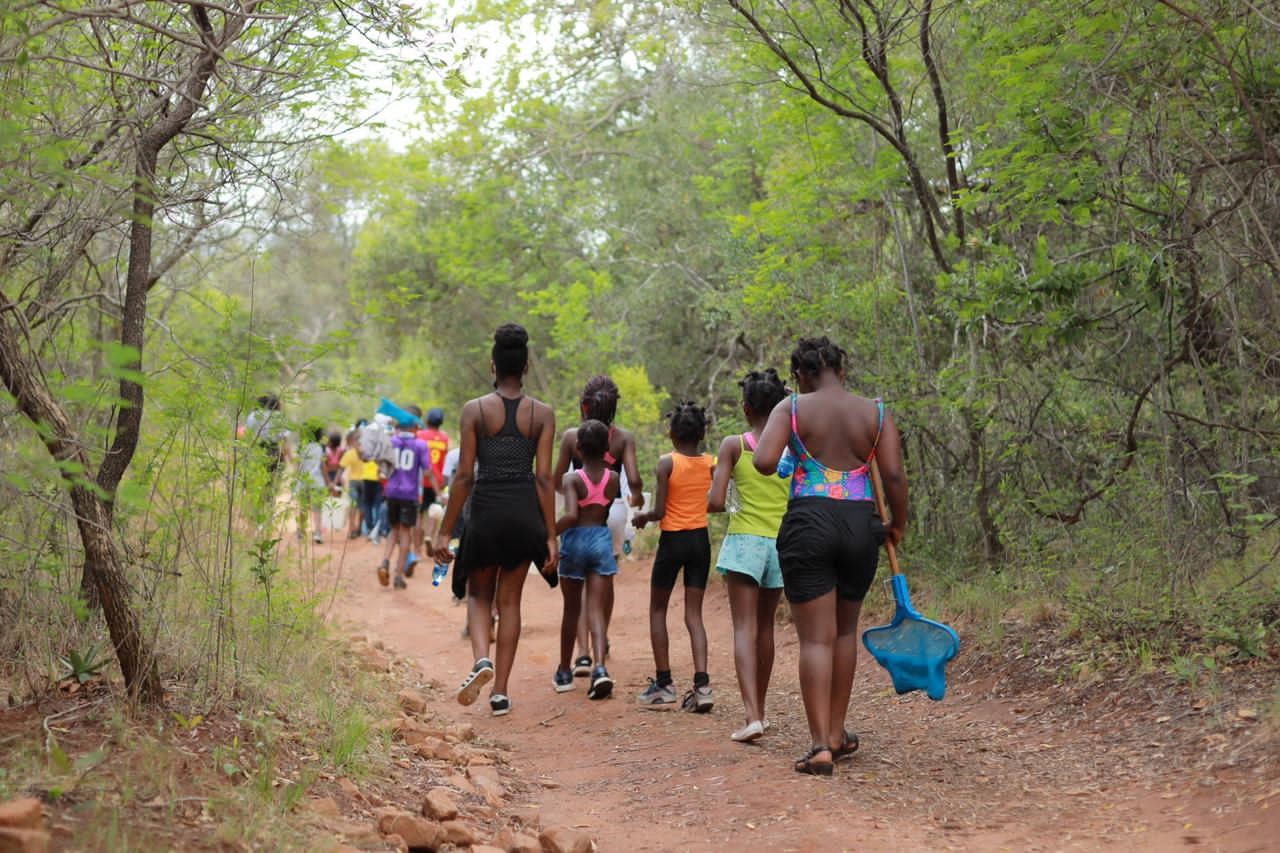
Three2Six Refugee Children’s Project in South Africa: The impact of the pandemic
From the coronavirus pandemic’s first months, the World Health Organization warned that Africa’s health systems would struggle to cope if the virus began to spread on the continent. That prediction was realized here in South Africa.
Initially, a hard five-week lockdown from 27 March helped to keep the number of infections low, but that became economically ruinous as 3 million South Africans lost their jobs.
The Three2Six Project continued to operate from the homes of the children. We were able to get all the children’s textbooks home to them and the teachers used WhatsApp to guide them through their work. We also provided additional money for data for teachers.
Throughout the lockdown we offered food support to the families, and during those lockdown months we were able to channel R540 000 worth of food support. This was made possible by the generous support from members of the public, religious organisations and from our regular donors.
We returned to school as soon as we could and were able to get teaching and learning in the classroom back on track again. Teachers were trained by Doctors Without Borders on how to minimize the risk of being infected by COVID-19. Thermometers, Personal Protective Equipment (PPE) were purchased for the project and we managed social distancing both on transport and at school. We introduced a staggered timetable to space children and introduced an additional day of teaching. We strengthened our partnership with the Johannesburg Parent Child Counselling Centre and have engaged six psychologists, on a part-time basis, to provide psycho-social support.
We made a decision to keep all of our children in the project for an additional year (they will still progress to the next grade), but because of the impact of the restrictions in the public system (with around 18% of pupils not having returned to school) we decided to wait a year when placement into public schools is likely to be easier. However, this does limit the number of new children we can accommodate in 2021.
We ran two camps in the Magaliesberg for two older groups in October and November. There was an opportunity for the children to connect with each other and to acquire new teamwork skills. The children enjoyed the meals and being outdoors. The outdoor experience was a first for a lot of the children who have mainly grown up in high-density areas.
In this last week we ran our holiday enrichment programme on two campuses We also had one last food distribution to families at the end of November.
Lessons this year
With the support of our partners we were able to offer food support to families who had been severely hit by the impact of COVID-19 on the South African economy. Our matter-of-fact approach in which we got to children to return to school as soon as regulations allowed, enabled us to continue the year with all the necessary precautions.
The support we had from the Turquoise Harmony Institute, Holy Family Sisters, Caring Women’s Forum, the HCI Foundation, Breadsticks Foundation, the Maitre Trust, Misereor as well as Misean Cara, allowed us to food, distribute masks, sanitisers and soaps. We were also able to reduce the number of children on campus and allow for better social distancing. We have continued with our daily health screening for COVID-19, and up until now we are not aware of any of our children becoming infected by the virus.
Conclusion
We are very grateful for the support that we have received this year and are proud that we have been able to continue the programme in these difficult times. Many of our partners have been surprised that we have been able to catch up the academic year with our additional classes (one day a week) and offer such extensive psycho-social support.
I am extremely proud of our teachers who have helped us keep routines as normal as possible and who have gone the extra mile.
Best wishes for Christmas and the New Year.
Mark Potterton – Project Director
